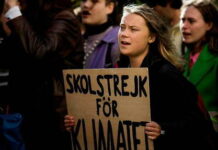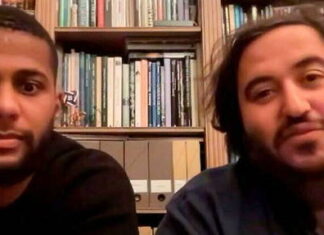The executive is seizing the emergency crisis. On the move this Tuesday in Cherbourg, Emmanuel Macron took the opportunity to announce the launch of a one-month mission to diagnose the emergency services crisis at the hospital and to propose ways to respond to it. This is the first stage of a plan to be rolled out across the “1,200 living areas” in France. Professor François Braun, president of Samu-Urgences de France, will have to submit his conclusions “no later than July 1” to the Minister of Health Brigitte Bourguignon, said the Head of State after a visit at the hospital center of Cherbourg.
His report “will aim to explain, territory by territory, where the shortcomings are, to be able to quantify them”, in particular the questions of lack of personnel. On this basis, explained the president, decisions will be taken “to allow more doctors to be mobilized, to regain attractiveness in certain sectors (…). This from the end of the summer will be rolled out in each territory”.
The President, recalling the changes made in his first term – end of the numerus clausus, Ségur de la santé, etc. – said that despite everything, he saw the overcrowded hospitals, the growing medical deserts, the “loss of meaning” of the staff, many of whom left the health professions. According to him, the health system must be the subject of a “true collective revolution”. This is the subject of the vast project that the ministry and all the players in the health system must start in the summer. Radioscopy of the difficulties “territory by territory”, “hospital by hospital”, this project must, according to Emmanuel Macron, make it possible to “build very concrete solutions” adapted to each of the 1,200 intermunicipalities “on the basis of the national specifications” but also with the promise of additional means that the Head of State envisages in “billions of euros”.
Night closings, “load shedding” on other hospitals, access filtered by the Samu: at least 120 emergency services have been forced to limit their activity or are preparing for it and all the lights are red. In total, almost 20% of the approximately 620 establishments, public and private, hosting one or more emergency services are affected. While professionals warn of an embolism of the emergency services this summer, the head of state said “guarantee that we will do everything to keep them going”.


















